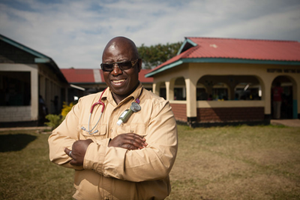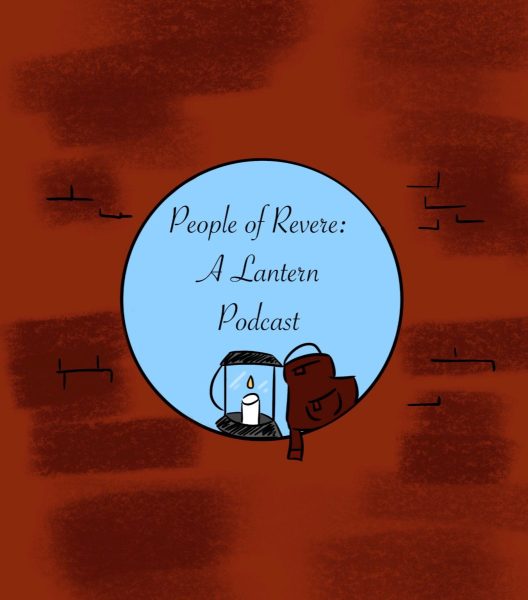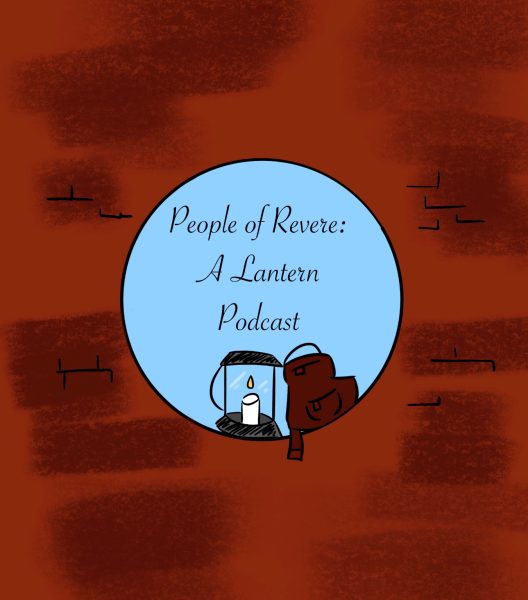Doctor begins clinic in his hometown in Kenya
![]()
![]()
![]() Author Vanita Oelschlager listened to her friend, a doctor who volunteers in Kenya recite the life story of a colleague. That colleague was Dr. Bonyo Bonyo, a local family practitioner who had grown up in an impoverished Kenyan village, came to the United States to become a doctor and then returned to his village to start a clinic. Oelschlager was interested in writing his story, so she called Dr. Bonyo to ask if she could write it, to which Dr. Bonyo responded, “Why would you want to do that?” Having published nearly twenty five books for children and a couple books for adults, Oelschlager focuses mainly on inspiring her readers, so she saw Dr. Bonyo’s story as a perfect fit.
Author Vanita Oelschlager listened to her friend, a doctor who volunteers in Kenya recite the life story of a colleague. That colleague was Dr. Bonyo Bonyo, a local family practitioner who had grown up in an impoverished Kenyan village, came to the United States to become a doctor and then returned to his village to start a clinic. Oelschlager was interested in writing his story, so she called Dr. Bonyo to ask if she could write it, to which Dr. Bonyo responded, “Why would you want to do that?” Having published nearly twenty five books for children and a couple books for adults, Oelschlager focuses mainly on inspiring her readers, so she saw Dr. Bonyo’s story as a perfect fit.
Dr. Bonyo gave Oelschlager permission to write his story into a children’s book and corrected any inaccuracies through a series of interviews. Throughout making the book, Dr. Bonyo remained involved in all parts of the book’s publication including the artwork.
In 2011, Oelschlager released the children’s book Bonyo Bonyo, which chronicles Dr. Bonyo’s journey from a poor Kenyan boy to the founder of a nonprofit clinic in his hometown. Recently, Dr. Bonyo received the Harold K. Stubbs award for his nonprofit work.
Dr. Bonyo, a local doctor with a family practice, grew up in Western Kenya in the village Wangaua. 25 years ago, Dr. Bonyo’s desire to help others propelled him to pursue medicine at Ohio University of osteopathic medicine. Dr. Bonyo also wanted to use his medical degree “to promote the health of the people in the village where [he] grew up,” so he created the Mama Pilista Bonyo Memorial Health Center. He built the hospital in his native village in honor of his late mother. Dr. Bonyo shared why he created the clinic in honor of his mother.
“[My mother] always encouraged me to work hard in school and aim high,” Dr. Bonyo said.
Dr. Bonyo’s wife, Sharon, and friends helped him create the clinic. The clinic took five years to build; but, finally, in 1996
Dr. Bonyo completed the clinic. Dr. Bonyo explained what building the clinic involved.
“[Building the hospital involved] acquiring a piece of land and getting a permit from the local government and then gathering funds,” Bonyo said.
According to Dr. Bonyo, the clinic serves a town of “15,000-20,000 people but people come as far as 100 miles away.” In fact, the clinic treats around 20,000 to 30,000 people each year. Dr. Bonyo described the illnesses that the hospital staff treats as “too numerous to count but mostly preventable illnesses that would have resulted in death if it were not for the clinic.”
Dr. Bonyo’s daughter, Leah, volunteers at the hospital whenever she visits Kenya with her family. She has visited the clinic five times so far and volunteered there during spring break. Last summer, Leah tested people for HIV and malaria. She also checked people’s blood glucose levels and gave fluoride treatments to elementary school children. Leah explained why she likes visiting Kenya.
“Going to Kenya and seeing my relatives and where I come from is amazing. It is always great to know where you are from and to try to make a difference in a place you love,” Leah said.
Even though Leah does not plan to follow in her father’s footsteps by pursuing medicine, she plans to continue volunteering at the clinic and wants to travel all over the world, so she can go on mission trips similar to her father’s. Leah is proud of her father’s accomplishments and feels “so lucky to have someone like him to look up to.” Leah expanded on how her father has inspired her and what people can take from his life story.
“My father is the most inspiring person in my life. He has [shown] me anything is possible with hard work and motivation and to never give up on doing something you love. He has also taught me how to never be selfish and how amazing it feels to help others who are less fortunate. Because of him, I love volunteering. Working for money is great, but volunteering makes you feel so much better about yourself at the end of the day,” Leah said.
Recently during spring break, the Bonyo family visited the clinic. Typically, Dr. Bonyo visits the Mama Pilista Bonyo Memorial Health Center three or four times a year, but the clinic is open all year thanks to clinic staff and volunteers. In the future, Dr. Bonyo would like “for [the clinic] to be self-sustainable [and] to provide more advanced care.” The Bonyo family is always trying to spread the word about the clinic, and those interested in volunteering at the Mama Pilista Bonyo Memorial Health Center can visit for additional information.



